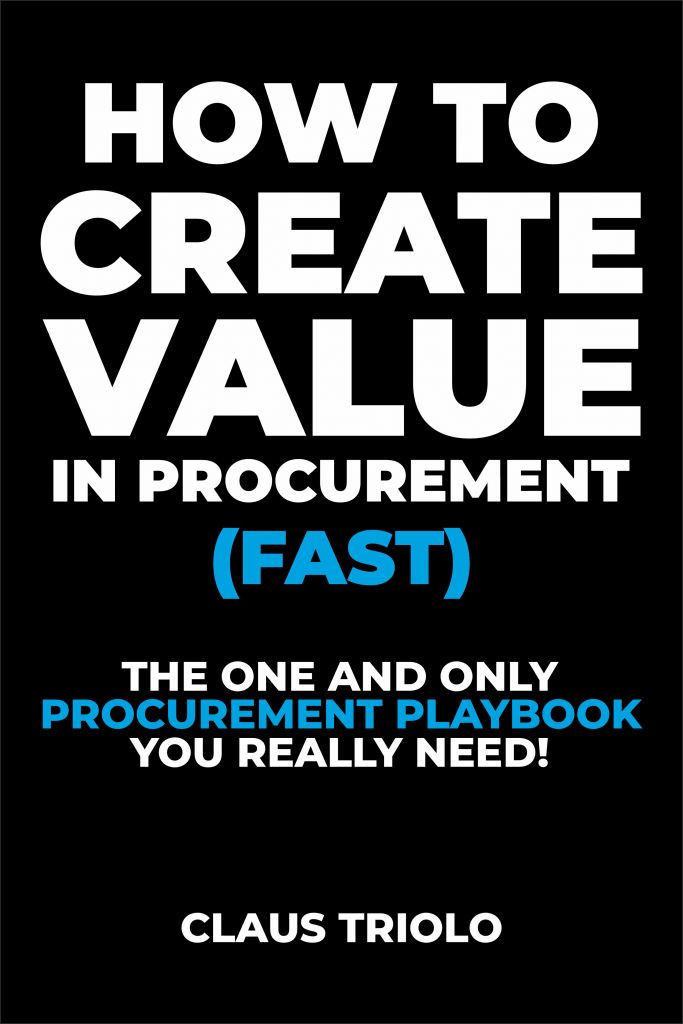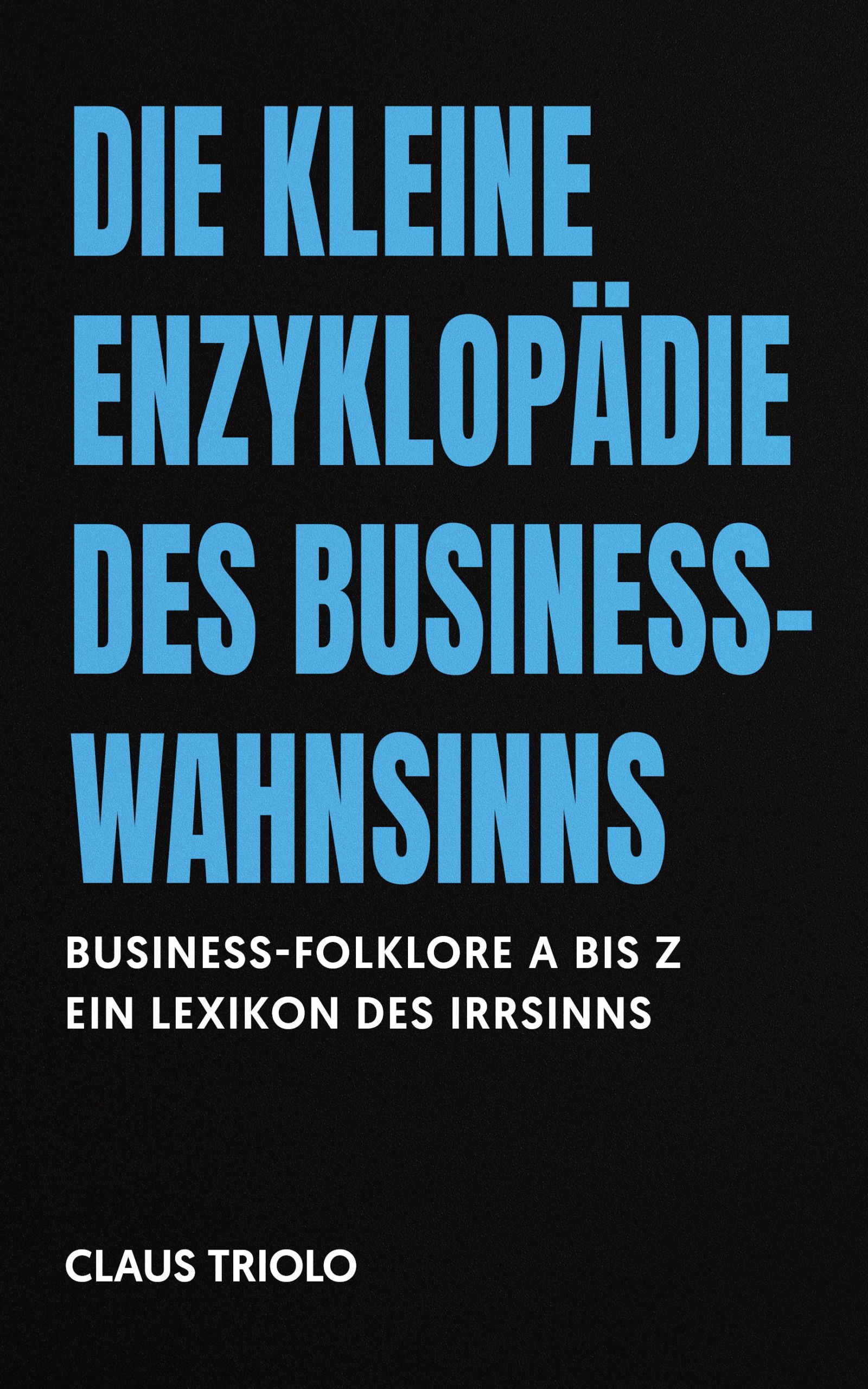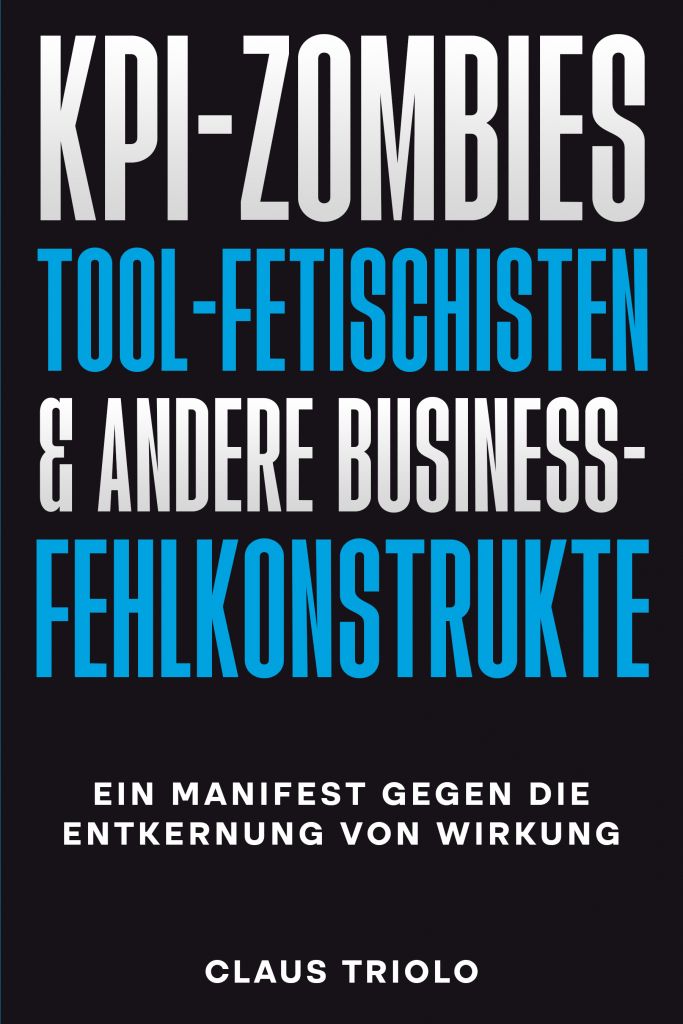Why the Best Don’t Get Hired …
and What That Reveals About the System
The Paradox of Experience in Modern Hiring
Across industries and geographies, leadership teams talk about the urgent need for transformation, resilience, and execution power. Yet behind closed doors, a different pattern emerges.
Professionals with decades of hands-on leadership – the ones who’ve actually done the work, built the teams, delivered the outcomes – are increasingly sidelined. Not for lack of competence. But for having too much of it.
In hiring conversations, terms like “fit,” “agility,” or “cultural alignment” are used with increasing frequency – while direct experience, strategic maturity, and operational sharpness are quietly deprioritized.
The result?
Executives who could make an immediate impact are passed over in favor of profiles that feel safer, easier to manage, or simply less confronting.
This article explores that disconnect – and what it reveals about a system that claims to want results, but often fears the people who can actually deliver them.
1. The Silent Rejection of Excellence
In today’s executive hiring landscape, a paradox has emerged.
The very qualities organizations claim to seek – leadership maturity, strategic clarity, and executional strength – are often the reasons top-tier professionals are quietly removed from consideration.
They’re not dismissed for lacking fit. They’re dismissed for being too ready.
- Too seasoned.
- Too structured.
- Too confident.
- Too disruptive to the comfort zone.
2. Behind the “Overqualified” Label
The term overqualified is often used as a catch-all – a coded expression for an uncomfortable truth: the candidate may outshine existing leadership, outpace team dynamics, or outgrow the role faster than the system can absorb.
This rejection rarely comes with clarity. Feedback is vague. Language is soft. But the message is unmistakable:
“We’re not sure how to manage someone like you.”
“We fear you might not stay.”
“You make us question our structure.”
In reality, what’s being rejected is not the CV – it’s the signal of visible impact.
3. Organizational Fear and Hiring Bias
Multiple transformation leaders across industries report a shared pattern:
The more experience they bring, the more likely they are to be filtered out – especially in environments resistant to change or prone to internal politics.
What begins as admiration during early interview stages often turns to avoidance in the final rounds. The discomfort is rarely voiced but widely felt.
Why?
Because excellence, when fully embodied, can be threatening. Not due to arrogance – but due to contrast.
- Clarity can expose confusion.
- Confidence can highlight indecision.
- And strategic maturity can destabilize fragile hierarchies.
4. The Misread Signals of Readiness
Senior professionals often bring more than just functional expertise. They bring a presence – the ability to enter a room and shift conversations from discussion to decision.
Yet this strength is often misread.
- Confidence is mistaken for inflexibility.
- Directness is mistaken for ego.
- Speed is mistaken for recklessness.
- Precision is mistaken for rigidity.
And the conclusion?
“Great, but maybe not quite what we’re looking for.”
5. The Systemic Question
This phenomenon isn’t just about individual hiring decisions. It reflects a broader leadership maturity gap within organizations.
- Companies say they want transformation – but often default to preservation.
- They celebrate bold vision – but hire for safe alignment.
- They claim to value excellence – but reward familiarity.
The result?
Some of the most capable candidates never make it through the door – not because they’re unfit, but because their fit would force change.
6. What Organizations Miss
When companies reject top-tier candidates under the guise of “over-qualification,” they’re not just avoiding discomfort – they’re sabotaging potential.
They miss out on:
- Execution without hand-holding
- Leadership without micromanagement
- Speed without chaos
- Clarity without noise
And, ultimately: transformation without drama.
7. The Unspoken Age Filter
For many professionals, the “too much” label isn’t just about experience – it’s about age.
When candidates in their 50s or beyond present themselves with clarity, composure, and a track record of results, the response is often hesitation. Not because they lack relevance – but because their presence quietly challenges a system that overvalues youth-coded traits: speed over precision, trendiness over wisdom, perception over substance.
It’s not said outright. It rarely appears in feedback. But it shows up in the patterns:
- Roles “mysteriously” disappear after interviews.
- Candidates are praised, then sidelined.
- Opportunities are reframed as “too operational” or “not strategic enough.”
And when a birthdate is listed on the CV, reactions change.
Age, in these cases, is not the problem. It’s the perceived consequence of age – authority, independence, and the expectation to be treated as a peer.
In reality, these professionals don’t demand reverence. They demand relevance – and they bring the execution power, perspective, and resilience that younger candidates are still developing.
Yet many organizations continue to optimize for “fit” over effectiveness – and in doing so, quietly lock out the very maturity they’ll later pay consultants to compensate for.
Closing Reflection
In times that demand decisive leadership, rejecting excellence is not risk management. It’s self-sabotage.
If a system fears those who raise the bar, it shouldn’t be surprised when mediocrity becomes the norm.
✒️ Editor’s Note
The insights in this article stem from real executive-level hiring experiences across sectors – where readiness, structure, and clarity were met not with enthusiasm, but resistance. These patterns are drawn from lived practice, not theory. Not observations from the sidelines – but direct engagement in the room.
Authored by Claus Triolo, a transformation leader with 30+ years of experience turning complex challenges into executable outcomes.
👤 If this resonates – or if you’re done filtering out the people who could actually fix it … Let’s talk. I’m easy to find.
“Too old? Too perfect? No – just too real for systems built on pretending.”
Claus Triolo, The Procurement Rainmaker




